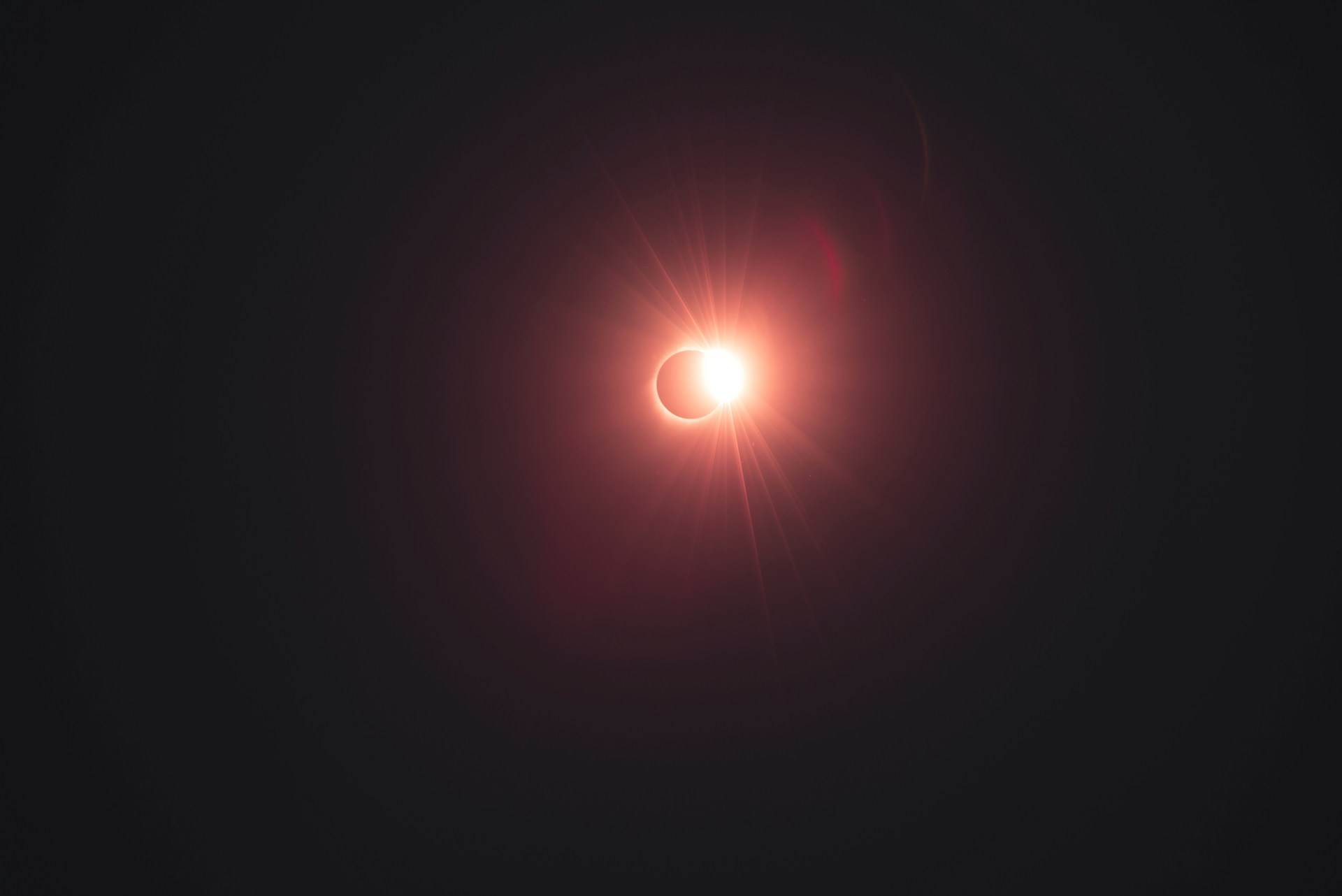Ever have one of those days where you just can’t seem to wake up, even though you swear you got a solid eight hours the night before? You’re not alone. While we often chalk up our tiredness to not getting enough sleep, sometimes the zzz’s aren’t to blame. Let’s dig into some not-so-obvious reasons why you might feel like you’re running on empty. Spoiler alert: your sleep might just be the innocent bystander in all this.
You Are What You Eat
When it comes to feeling energetic, your diet plays a starring role, and it’s not just about avoiding that post-lunch slump. High-sugar and high-fat diets can lead to fluctuations in your blood sugar levels, which might explain why you’re feeling more like a sloth than a squirrel. Consuming too much sugar can give you a quick energy spike followed by a dramatic drop, which can feel like your batteries suddenly ran out.
On the flip side, balanced meals that combine proteins, fats, and carbohydrates can help maintain steady energy levels throughout the day. Think of your body like a fire that needs a steady supply of wood, not just a splash of gasoline. And here’s a sneaky culprit: dehydration. It’s like the silent energy vampire. Mild dehydration can lead to fatigue because your body isn’t operating at its peak. Remember, if you’re thirsty, you’re already dehydrated.
How Hidden Health Issues Can Drain You
Sometimes, the root of your tiredness is something lurking below the surface, like a health issue you might not even be aware of. Anemia is a prime example—it’s essentially when your body doesn’t have enough red blood cells to carry oxygen effectively. Without enough oxygen, your energy levels can plummet faster than a dropped phone.
Another hidden health hijacker is a thyroid disorder. Your thyroid regulates metabolism, so if it’s off, you might feel more wiped out than usual. And don’t forget about undiagnosed diabetes or prediabetes, which can also play havoc with your energy levels. These conditions affect how your body uses glucose, i.e., your body’s fuel, so it’s like trying to run a car without gas.
The Stress and Anxiety Energy Sinkhole
Let’s talk about stress and anxiety. These are not just emotional states; they have physical effects, too. Chronic stress keeps your body in fight-or-flight mode, which can drain your tank pretty quickly. It’s like having a bunch of apps open on your phone—all of them draining the battery but not necessarily being used.
Then there’s anxiety, which can disrupt your sleep quality without you even realizing it. You might think you slept well, but if anxiety had you tossing and turning, your sleep quality might have been as poor as a glitchy internet connection. And managing this? Well, it’s about finding strategies that work for you, whether that’s yoga, meditation, or something as simple as reading a book or taking deep breaths.
Lifestyle Misalignments That Zap Your Energy
Your daily habits and routines might be secretly sapping your stamina. Consider your sleep schedule: inconsistency here can throw off your body’s internal clock, similar to feeling jet lagged without the travel perks. Sticking to a regular bedtime and wake-up time can help regulate your body’s natural rhythm.
Lack of physical activity is another sneaky energy thief. It might seem counterintuitive, but regular exercise actually boosts your stamina, not depletes it. It’s like upgrading your body’s battery capacity. Starting with even a small amount, such as a daily walk, can help elevate your energy levels over time.
Then there’s the modern bane of overstimulation from electronic devices. Scrolling through your phone or binge-watching TV before bed can interfere with your brain’s ability to shut down, akin to trying to sleep with a bright light shining in your face. The blue light emitted by screens can suppress melatonin, the hormone that tells your body it’s time to sleep.
Environmental and Seasonal Influences on Energy
Your environment plays a more significant role in your energy levels than you might think. Take Seasonal Affective Disorder (SAD), for example, which can make you feel like a bear in hibernation during the winter months. This isn’t just about the colder weather but also the reduced sunlight, which can affect your mood and energy levels.
Air quality is another underrated factor. Poor air quality can subtly impact your overall health and zap your energy, making you feel like you’re always a step behind. Whether it’s pollution, allergens, or just stale indoor air, it’s like trying to run a marathon with a stuffy nose.
Extreme temperatures, whether hot or cold, can also force your body to work harder to maintain a normal temperature, draining your energy in the process. It’s similar to how your car consumes more fuel when you use the AC or the heater a lot. Finding ways to stay comfortable and adapting your activities to more temperate parts of the day can help mitigate these effects.
Feeling tired isn’t just about how much or how little you sleep. As we’ve explored, everything from your diet and hydration levels to unseen health issues, stress, lifestyle habits, and even the environment can steal your energy.
By tuning into these aspects of your life, you might find that boosting your energy is more within your control than you thought. It’s all about understanding and managing these underlying factors to keep your energy consistent throughout the day. So next time you feel drained, take a moment to consider what else, besides your sleep, might be affecting your energy levels.















